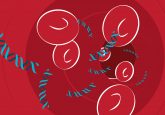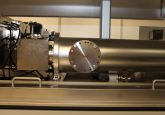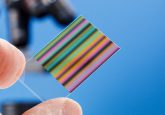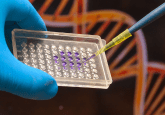Biomarker for oral cancer identified

Researchers at the University of Toronto (Toronto, Canada) have used proteomics to uncover a biomarker that can help determine the likelihood of an oral lesion becoming cancerous. At present, the identification of patients with high-risk oral lesions who would benefit from early intervention is a clinical challenge.
The team first identified five candidate protein biomarkers by proteomics. They then evaluated their predictive potential using immunohistochemistry to analyze their expression in 110 patients with biopsy-proven oral dysplasia and known clinical outcome, and determined their correlations with p16 expression and HPV 16/18 status. Their findings, which have been independently verified by laboratories in both Toronto and New Delhi (India), suggest that the S100A7 protein is a predictive biomarker for oral dysplastic lesions at high risk of cancer development.
“The overexpression of S100A7 can demonstrate the aggressiveness of the premalignant lesion, which can help doctors determine the best course of treatment,” explained Ranju Ralhan, Senior Researcher at the University of Toronto’s Department of Otolaryngology – Head and Neck Surgery and Co-director of the Mount Sinai Hospital’s Alex and Simona Shnaider Laboratory in Molecular Oncology. In addition to providing cost savings, early identification of patients who require treatment will prevent unnecessary discomfort from overtreatment.
Paul Walfish, Director of the Shnaider Laboratory in Molecular Oncology, commented, “We are extremely pleased to have identified a protein that can predict which oral dysplastic lesions will transform. This will be a great tool to find out which patients really need closer follow-up, and in time this will lead to better patient survival.”
The team is continuing to investigate the use of protein biomarkers for diagnosis and prognosis of other epithelial cancers, such as breast and thyroid cancer.
Sources: Kaur J, Matta A, Kak I et al. S100A7 overexpression is a predictive marker for high risk of malignant transformation in oral dysplasia. Int. J. Cancer. DOI: 10.1002/ijc.28473 (E-pub ahead of print) (2013); Personalized medicine: new biomarker for oral cancer.






